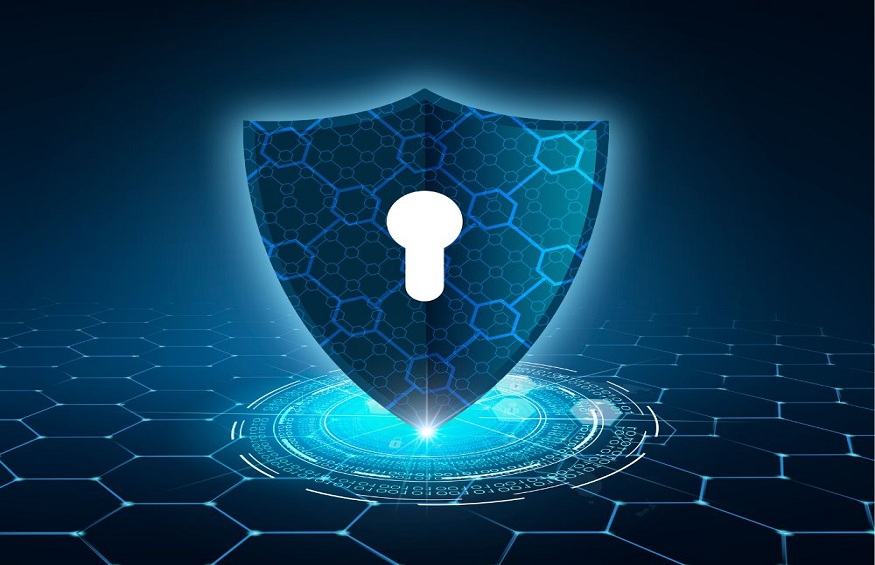It is obvious why the big hitters in industry and commerce invest the most in cybersecurity. What they are guarding is all that information and data that is the most valuable and of the keenest interest to serious cybercriminals.
However, it is a mistake to think that small- to medium-sized businesses are not of interest to enterprising cybercriminals. The potential “loot” might be less, but the cyber security resources available to small- or medium-sized businesses are naturally less robust.
Furthermore, cybercriminals often find it easier to target several companies with a lower degree of cyber security than to make one big cyber heist on a major company. Make no mistake about it, even the smallest businesses need to think very seriously about cyber security – because it is always a threat.
The Risks for Small Businesses
Investment in cybersecurity then is one of the most important investments for small businesses but, as mentioned, resources are often limited. One of the telltale signs that a small business is starting to grow, for example, is that they can afford to invest in more robust cyber security to match the increased threats that come with growth.
When still small, however, companies need to think very hard about what type of cybersecurity to invest in when financial resources are limited. A certain degree of “picking and choosing” might be involved. Cybersecurity experts Hillstone Networks advise that the best way to manage that is to actually understand what the specific threats are.
Cybercrime always involves the theft of some type of data. Here follows some of the data that is most sought by cyber criminals targeting small- to medium-sized businesses:
- Customer lists and customer data
- Credit card information
- The companies banking details
- The company’s pricing structure
- Business growth plans and information on future investments
- Intellectual property.
It is easy to see the value to criminals of each of these, but the risks don’t stop there. It’s also worth pointing out that the data of other companies that work with the business (for example, suppliers) can also be ascertained by hackers once they penetrate the company’s defenses. In this way, hackers can use your business as a launchpad for further cybercrime.
Cybersecurity Tips for Smaller Businesses
Educate Employees
There’s much that companies can automate today, and there are many forms of security that are simply handled by computer when human error is an unacceptable risk. But you cannot completely eliminate the handling of sensitive data by real people. Most often than not these will be your employees, and so providing them with a cybersecurity course and educating them about company best practices is an incredibly good idea. A simple example would be making sure no employee handles company data when connected to insecure public networks.
Carry Out Risk Assessment
This is an especially important tip as it allows you slimline your cybersecurity budget and spend money where you most need to. Any solid risk assessment will take into account where your data is stored, who has access to it, and where each item of data sits on a hierarchy of sensitivity.
Deploy Anti-Virus Software (And Keep it Updated)
You might not have the funds to invest in all types of anti-virus software, spyware and ransomware detectors, firewalls, etc. But the aforementioned risk assessment can help you invest sensibly. Nonetheless, keep in mind that criminals are honing their techniques and technology all the time, so you should always update when prompted.
Small businesses work with sensitive data just like any other, and the threats are real. Furthermore, when resources are limited, this only makes thinking seriously about cybersecurity even more important.

